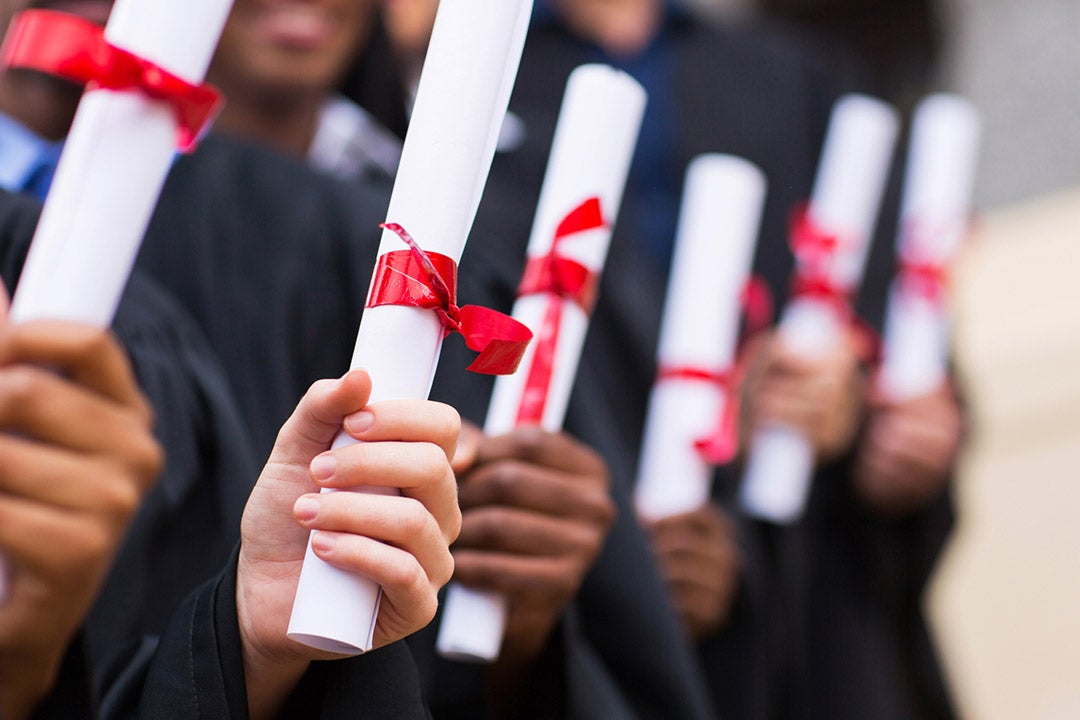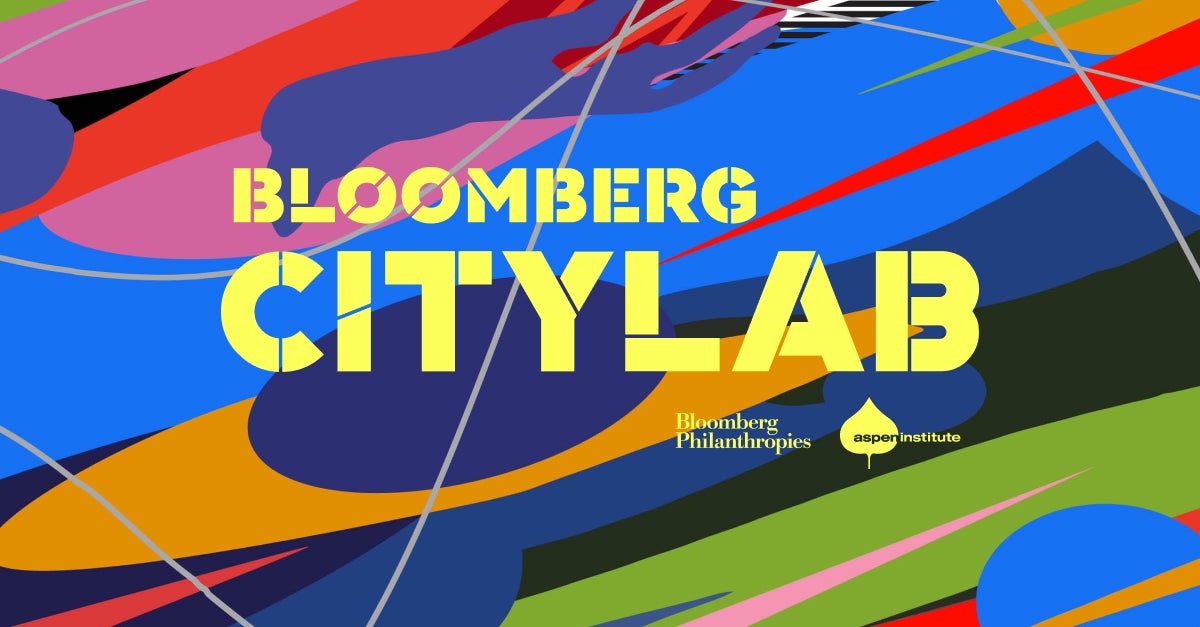Liz Dozier is the managing director of Chicago Beyond, a philanthropic venture fund that seeks to create positive, transformational change for the most marginalized young people in Chicago and beyond. A former educator and high school principal, Dozier may be best known for her work to disrupt the culture of inequity that is often pervasive in urban public education. She’ll be speaking at the Aspen Ideas Festival as part of the “America I Know” track.
My passion is human rights. While some may associate the lack of human rights with far-flung dictatorships like North Korea, we all know human rights can be denied anywhere. It can happen right in our own backyard. And I’ve seen it up close on the streets of Chicago. As the former principal of Fenger High School, I was confronted every day by the struggle for basic human rights — for justice and opportunity for all through education, access, and safety.
Fenger was the intersection of every failure we’ve perpetrated as a society: fractured family units, lack of funding, and plain old neglect. But every one of those students was a microcosm of possibility to me, and our days were filled with turning the tides that enveloped our kids. Sometimes it worked, sometimes it didn’t. I lost students. And by lost, I mean they were shot, and killed, in the streets. But I didn’t want to forget them. As a leader, I wanted their memories to fuel better actions, and better decisions. So, I would say their names out loud every morning to remember.
Micah. Shamari. Derrion. Fred. Lee. Marquel.
Marquel was one of my students who I met at the start of his 9th grade year. Tall and lanky, Marquel stuck out. He was a bit of a court jester — with the flip of a hat or a clever joke he created humor and energy, but not always at the best times. He began having issues in class, and I was drawn to him, and wanted to know the source. Issues in class devolved into gang affiliation, a gun charge, and an arrest. Ultimately, we visited his home, and it became clear that there were substantive challenges there.
Marquel wound up on probation, where he actually flourished. The structure, the boundaries, the attention and check-ins helped him to become grounded and more successful. He was still the court jester, but he was able to engage with his environment in a positive way. So, when the court decided to end probation, I was apprehensive, and tried to influence them to continue keeping a watchful eye on Marquel. But his probation ended and it wasn’t long before he began acting out. Not silly anymore, but more aggressive, missing school and creating chaos in the hallways. I passed him on one occasion and we connected briefly. I gave him the “side eye.” He looked right in my eyes, and put his head down. He knew how I felt, and he was disappointed in himself.
The next time I saw him, he was in the hospital. Marquel was shot in the head. He was alone in that room. There was nothing I could do to change that last interaction, that last look between us. How I wished I could go back and treat him with more empathy, more humanity. Every one of our actions has the potential to empower, or heal. Nothing made that clearer than my impotence in that hospital room. We can, though the greatest gesture and the smallest moment, create the just world we should live in.
The barriers to success for young people like Marquel don’t exist due to a lack of care or love for our city, our children, and their futures. In fact, there are hundreds of people and organizations across Chicago that employ programs and strategies dedicated to improving life trajectories for young people. But they need help.
I came to Chicago Beyond with a deep and personal desire to champion justice and human rights for the young people of Chicago. I’ve seen too many stories like Marquel’s.
So, we set out to create justice by funding innovative, disruptive ideas that change the human rights narrative of Chicago. We decided to be a partner and an advocate — to not only supply investment and funding, but also to learn from and work together with innovative nonprofits to grow their programs and ideas. We wanted to not only move the field of knowledge forward but also improve life outcomes for more young Chicagoans. In the end, our mission is to help them achieve their missions.
We do it through programs like Storycatchers, one of our first innovation challenge winners, that breaks the cycle of incarceration through theater and storytelling. Because we know 90 percent of young people that are incarcerated will return to incarceration in five years or less, Storycatchers is disruptive and gets them back to school, to work, and to life. With a $1 million investment, our research partnership with Storycatchers’ Changing Voices program is testing how they support court-involved youth to help them successfully re-enter society by connecting them with a job.
Changing Voices has seen success time and time again and they believe their program is moving the needle for this incredibly at-risk population. But in order for the program to grow, they need proof that it works. If proven effective, our study with Storycatchers could give them the evidence they need to secure additional funding, create more meaningful employment opportunities and reduce inmate populations by decreasing recidivism on a statewide level.
The young people of Storycatchers are about tapping potential — giving young people who want and can do better an opportunity by investing in them and what they can be.
And that’s important, because it’s a most critical and fundamental human right for our children: the freedom and the opportunity to pursue their potential, to push their capabilities, and realize their possibilities. In Chicago, and elsewhere, we’re failing in providing that opportunity. We need to do more to give young people the chance to see life beyond their block, beyond their immediate situation.
As a high school principal, I saw so many students whose futures were unclear at best. They came from fractured families, endured tragedies and hardships. Many were fighting just to survive. I saw firsthand how education and safety are sides of the same coin.
We need to do more to harness the drive and ambition these kids have. And we need to recognize that many of the established structures for helping these young people are not working. So we cannot be afraid of new ideas, of change. We need to allow ourselves to be vulnerable to the stories of those still awaiting justice.
At Chicago Beyond, when we talk about “breaking the status quo,” that’s what we mean. To achieve justice, to create opportunity and possibility, we have to be disruptors. We have to be innovators. We have to be believers.
The views and opinions of the author are her own and do not necessarily reflect those of the Aspen Institute.


